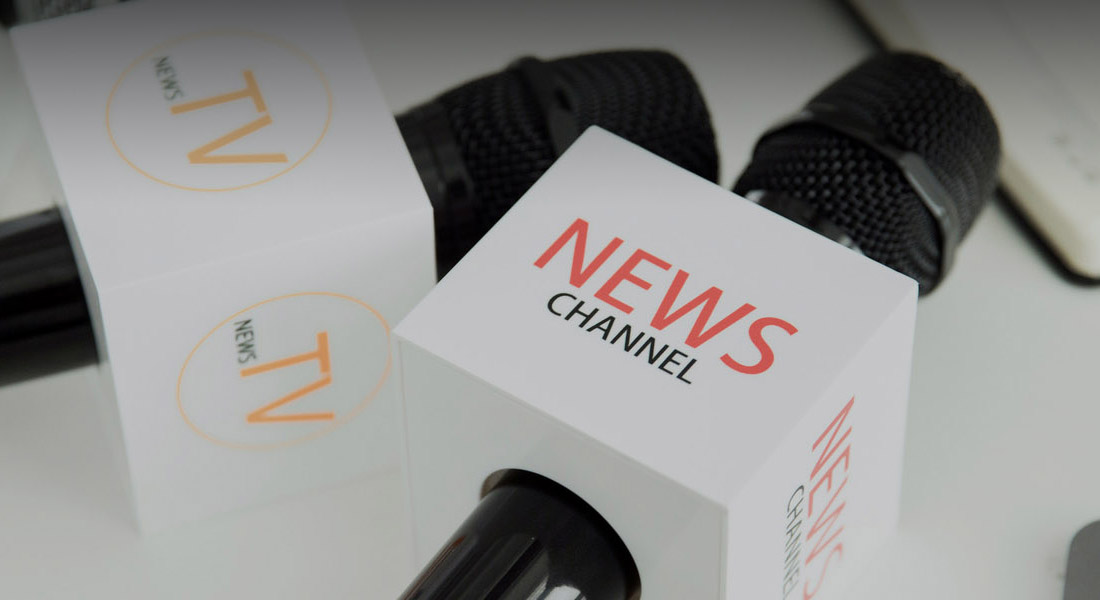Sourcing a slewing ring bearing is a significant investment. The manufacturer you choose directly influences the performance, maintenance costs, and operational uptime of your machinery. With countless global and regional slewing ring bearing manufacturers available, making an informed decision is crucial.
This guide breaks down the five most critical factors to consider, moving beyond just price to ensure you select a truly qualified manufacturing partner.
1. Technical Capability and Application Experience
The first question to ask is: "Has this manufacturer made a bearing for an application like mine before?"
-
Industry Specialization: A manufacturer experienced in wind energy will deeply understand fatigue loads and reliability requirements. One specializing in excavators will excel in handling shock loads and contamination. Seek out a proven track record in your specific field.
-
Engineering Support: Can they provide more than just a catalog? Top-tier manufacturers offer full engineering support, including:
-
Load capacity analysis to verify the bearing size and type.
-
Integration design help with mounting structures and gear tolerances.
-
Failure Mode and Effects Analysis (FMEA) to mitigate risks.
-
2. Quality Assurance and Certifications
Quality is not an option; it's a requirement. A bearing failure can lead to catastrophic downtime and safety hazards.
-
Certifications: Mandatory certifications include ISO 9001 for quality management systems. For specific industries, look for additional certifications like ISO 14001 (environmental management) or DNV-GL/ABS for marine applications.
-
Manufacturing Process: Inquire about their material sourcing, heat treatment processes, and machining capabilities. Consistent heat treatment is vital for durability.
-
Inspection and Testing: Reputable manufacturers will have in-house, calibrated inspection equipment (CMMs, gear testers, hardness testers) and provide full inspection reports with each bearing.
3. Customization and Flexibility
While standard bearings work for many applications, unique challenges often require custom solutions.
-
Design Flexibility: Can the manufacturer alter standard designs? This includes changes to sealing systems, gear geometry, mounting holes, and material grades.
-
Integrated Solutions: Some manufacturers can supply the bearing as part of a larger assembly, such as a slewing drive (integrated motor and gearbox) or with embedded sensors for condition monitoring.
4. Production Capacity and Lead Times
A manufacturer might be perfect on paper, but can they deliver when you need it?
-
Lead Time Realism: Be clear about your project timeline. Manufacturers producing large bearings may have lead times of several months. Get firm commitments.
-
Capacity: Ensure they have the physical capacity (floor space, machine tools, and workforce) to handle your order, especially for large or high-volume projects.
5. Global Support and After-Sales Service
The relationship shouldn't end once the bearing is shipped.
-
Technical Assistance: Do they offer support during installation and commissioning?
-
Warranty: Understand the terms and conditions of the warranty thoroughly.
-
After-Sales and Repair: Even the best bearings may eventually need maintenance or repair. Does the manufacturer offer repair services, re-lubrication kits, or a supply of replacement parts?
Conclusion: A Partnership, Not Just a Purchase
Selecting a slewing ring bearing manufacturer is about forming a strategic partnership. The lowest-priced option often becomes the most expensive in the long run due to premature failures and downtime. By rigorously evaluating manufacturers on these five critical factors—experience, quality, customization, capacity, and support—you invest in the reliability and success of your equipment for years to come.

